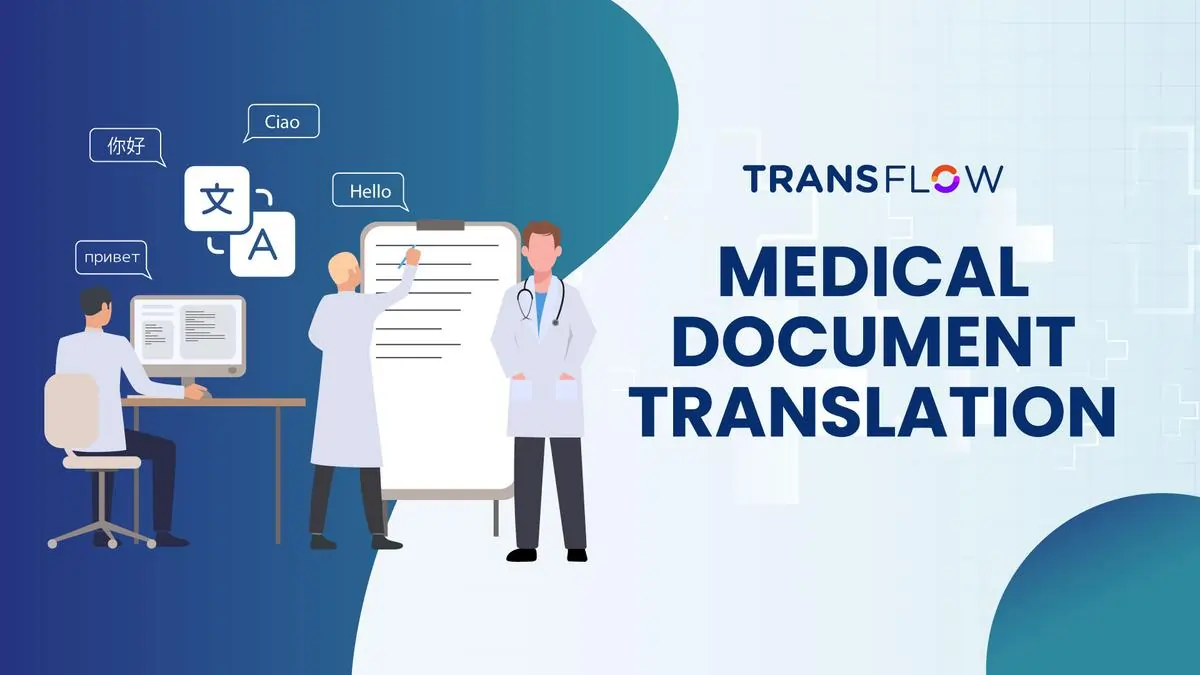Healthcare organizations must successfully communicate with patients, doctors, and regulatory agencies across linguistic and cultural barriers in today’s globalized world. This is crucial when it comes to medical records since they may include vital information on patient care, scientific discoveries, regulatory compliance, and more.
Healthcare organizations may overcome language barriers and guarantee accurate and timely communication across borders with the use of medical document translation services.
Varied Audience
- Different groups of people are involved in the medical field hence it’s vital to ensure that the translation properly captures the message geared toward the targeted audience. Ex: Physicians and medical experts will comprehend and expect complex terminology, whereas instructions to patients need to be written in less specialized terms.
Different translation for Different types of communication:
- Patient documentation, treatment plans, and consent forms: It is critical that patients thoroughly understand the documents they are signing, the forms and information they receive should not contain highly technical information.
- Pharmaceutical Instructions: Medication instructions need to be understandable to the patient. However, pharmaceutical inserts will often include specialized terminology as well. In this case, the translator needs to be capable of translating complex information for inserts while also translating instructions that resonate with patients.
- Medical Device Instructions: Directions for medical devices must be written in that the user can quickly understand how to assemble the product and how to use it properly. Hence the translator needs to ensure that the target audience can easily comprehend the instructions.
- Clinical trial documentation: Clinical trial translation involves a vast amount of information targeted for both laypeople and experts. For starters, participants must fill out numerous forms to make sure they qualify for the trial, and they must be fully aware of any risks involved. In addition, results from the trials will be written for the medical community and include specialised information.
- Case studies and Academic papers: These medical documents are entirely geared toward a specialized audience, and their data must be translated with that in mind. Translators must ensure that the technical details are correctly translated, even if terms and phrases do not have equivalents in the target language.
- Drug Names: In addition to issues with documents involving medical conditions, translators have to deal with an array of challenges when working with pharmaceutical names. The World Health Organization has assigned an international non-proprietary name (INN) to certain pharmaceutical products. INN is assigned to a generic drug depending on the medicine’s active ingredients. While the INN can reduce confusion around drug names, translation experts with pharma expertise can only understand pharmaceuticals and can translate them correctly in target language.
Quality and accuracy
- Medical texts frequently use intricate and sophisticated language that demands specialized expertise and meticulous attention to detail to effectively translate. Transflow360’s medical document translation services make use of a group of certified linguists with expertise in the industry, guaranteeing that the translations are exact, accurate, and of the highest caliber. This focus on detail is crucial to preserving patient safety and regulatory compliance, as well as avoiding confusion and mistakes.
- Healthcare organizations are required to adhere to a number of laws and standards, including HIPAA, GDPR, and FDA requirements. Failure to comply can result in severe penalties, legal liabilities, and damage to reputation. Transflow360 Localization Services offers medical document translation services that adhere to these requirements since it recognizes the significance of regulatory compliance. Their translators ensure that translated papers adhere to local laws and regulations since they are conversant with the pertinent standards and rules.




